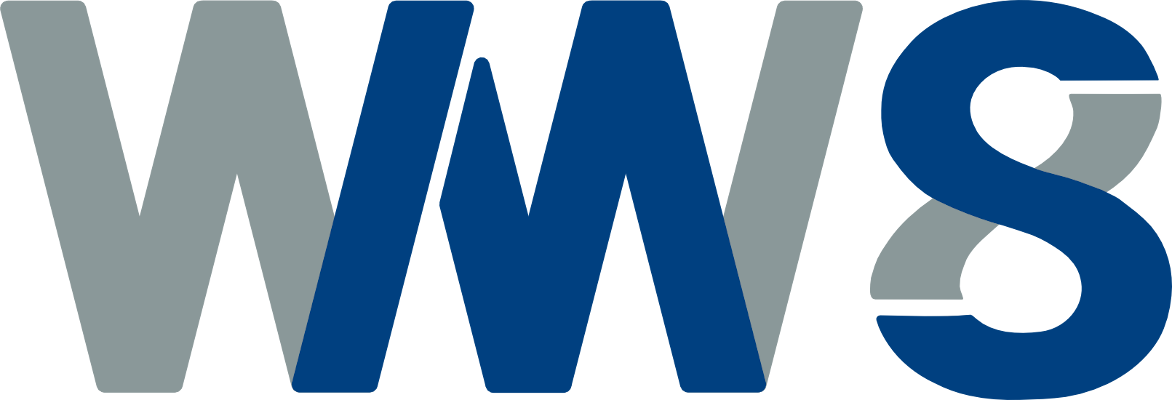Beyond classical thermodynamics: dislocation-mediated plasticity
V.L. Berdichevsky
Wayne State University, Detroit
28. March 2019, 17.00
WW8, Room 2.018-2, Dr.-Mack-Str. 77, Fürth
At the dawn of dislocation theory there was a hope that plasticity can be understood in terms of dislocation interactions similarly to what is done by statistical mechanics of colliding particles in gas dynamics. There was a fascinating challenge to learn how to deal with interactions of lines instead of points, but that seemed to be a pure technical issue. It turned out, however, that the major difficulty lies in a different place. One of the aims of this talk is to explain what the difficulty is and to make an attempt to treat it. It will be argued that the core problem is the drastic difference in geometries of dislocation phase space and phase space of classical statistical mechanics. Due to that thermodynamics of plasticity is quite different from classical thermodynamics of solids. Briefly, the major differences are as follows. First of all, several additional thermodynamic parameters come into play – dislocation polarization tensor, stress resistance tensor, entropy and temperature of microstructure. In a sense, polarization is similar to density in gas dynamics while stress resistance bears some properties of pressure. In contrast to gases where molecules keep moving when mass density is constant, in crystals the dislocation ensemble becomes frozen as soon as polarization tensor is fixed. Polarization tensor is the collective kinematic characteristic of dislocation ensembles on which external stresses work. Fixing polarization tensor makes the work zero. In order to deform a crystal, the applied stress must exceed the resistance stress. The resistance stress tensor and polarization tensor are linked to entropy and temperature of microstructure by some constitutive equations. Entropy and temperature of microstructure have simple physical meaning: temperature of microstructure is associated with average energy drop in slip avalanches, while rate of microstructure entropy is linked to the number of slip avalanches per unit time. An unusual peculiarity of dislocation-mediated plasticity is the decay of microstructure entropy in monotonic loading.

